Here it is, the favorite album of the
Prince of Darkness. It really is his favorite, because he said (in his autobiography and the CD sleeve notes) that this album marked the beginning of him being able to write songs about what he wanted to write about rather than the "devil-fangs and shit" of before.
As most people who like
Ozzy Osbourne's music only like his old "devil-fangs and shit" music, mostly the two Rhoads albums but some like
Bark at the Moon, this would be seen as his point of "selling out" by many conservative metal-fans, which claim would be supported by the fact that this album also marked
Ozzy Osbourne's break-through into mainstream music (not modern mainstream, but the mainstream music of the early 90s. Most modern adherents to mainstream music know him as the foul-mouthed lord of the Osbourne clan from the reality-tv-show or the one who sang "
Crazy Train" and/or the frontman of
Black Sabbath...the good
Black Sabbath line-up from
Black Sabbath to
Never Say
Die).
But other than that, let's just try to forget any prejudices against this album and see what it has to offer.
Track one shows us that the
Prince of Darkness can still scare and creep the shit out of people, with his tinkling, creepy song about a child molester
Mr. Tinkertrain.
Track two features Ozzy trying (in vain) to tell the world that he's not out to change it (something he'll pick back up on in
Down to Earth), as well as my favorite quote by him:
Tell me I'm a sinner
I got news for you
I spoke to
God this morning
And He don't like you
Track number three is perhaps one of Ozzy's most well-known ballads:
Mama I'm Coming Home, co-written by Motörhead-frontman Lemmy Kilmister. The next track is a metal-song that sounds pretty much like any song from
No Rest for the Wicked.
Now here's the title track, with Mike Inez's bass-line and
Zakk Wylde's intro slide solo. At seven minutes and twenty-four seconds, it happens to be the longest song by
Ozzy Osbourne to date. Some of the song structure can get a bit repetitive, with the piano interlude being the main point wherein the song
Changes, before going back to the standard format of the song.
Track six is similar to track four.
Now here's another well-known track, also co-written (and covered) by Lemmy from Motörhead.
Hellraiser may not have Lemmy's signature bass - at least on this version - but its still pretty decent and bad-ass.
Track eight starts like a ballad and then goes into another boring NRFTW song.
Track nine is...well, its called Zombie Stomp. No, really, that's what it's called. Part of me wonders whether Ozzy meant to make a "dance-song" or whether he was too drunk and high to be thinking straight (no offense, your
Darkness).
Track ten is another NRFTW-type song, with the closer being another ballad. Though obviously not 100% for this album,
Road to Nowhere really sounds great on the
Live In Budokan CD, showing that Ozzy still has some singing left in him (see below video).
In conclusion, this album stands as a testament to the singing abilities long lost of the great
Prince of Darkness, the guitar talent of
Zakk Wylde, and the poetical-music-writing talents of Ozzy, Zakk and Lemmy Kilmister. Is it a perfect album? Not really; it has its good points and its bad points, but I'd give it 3/4 at the least.
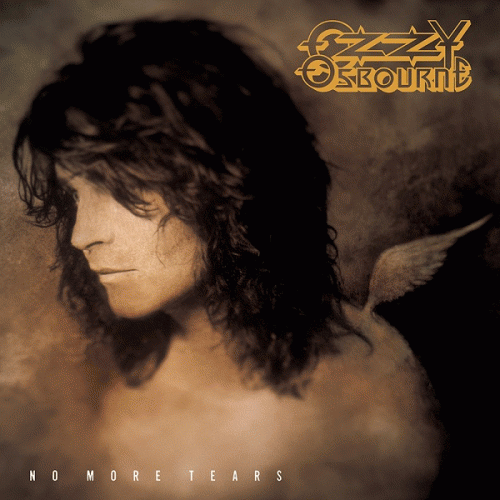
 Ozzy Osbourne : No More Tears
Ozzy Osbourne : No More Tears









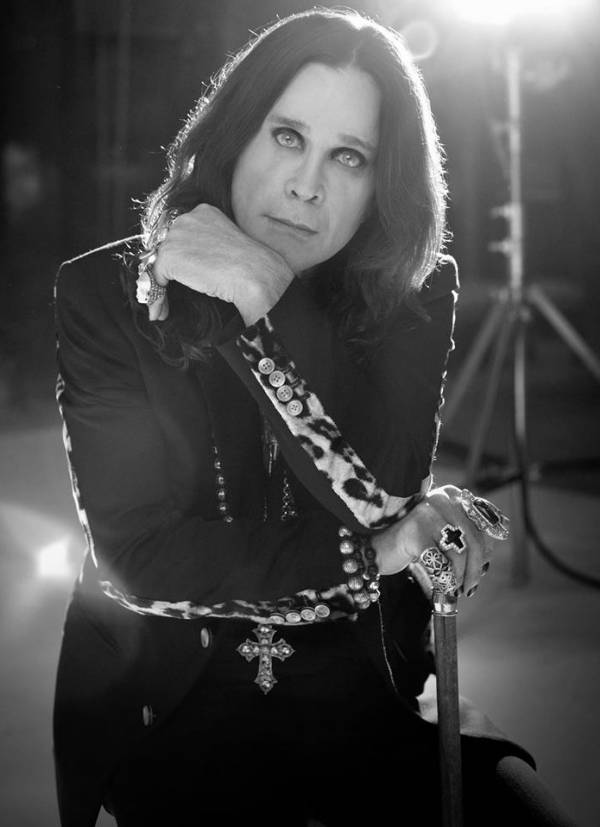

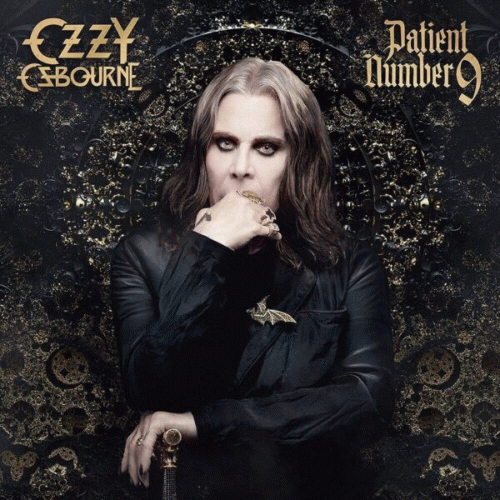
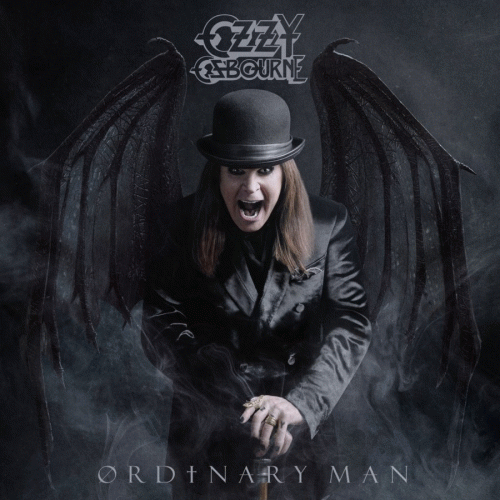
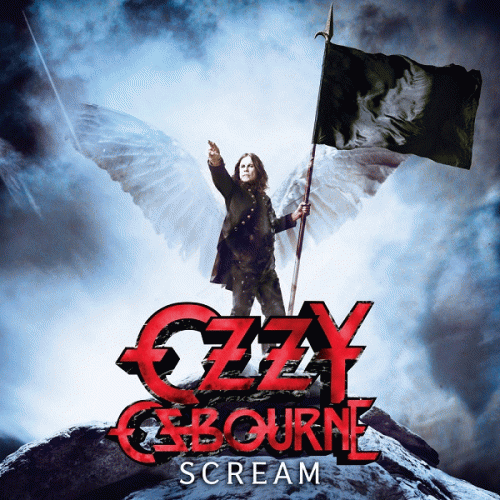
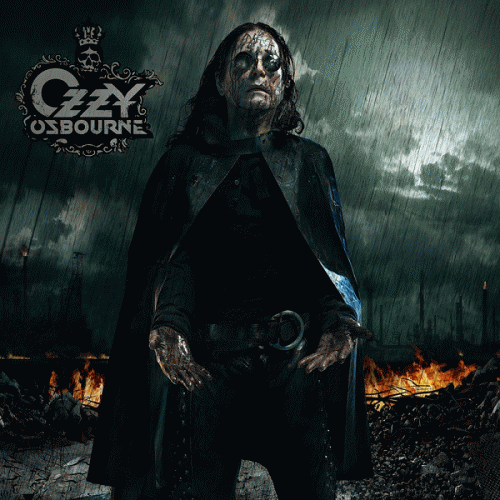
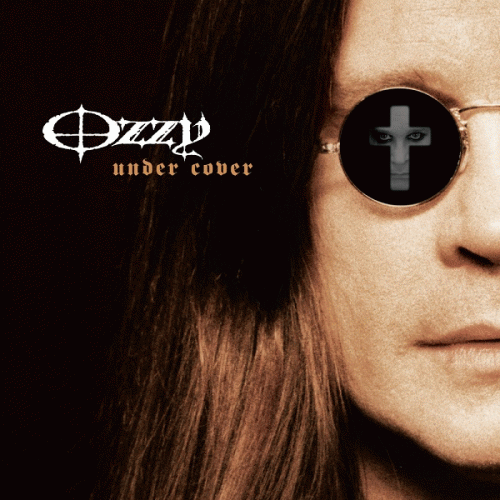
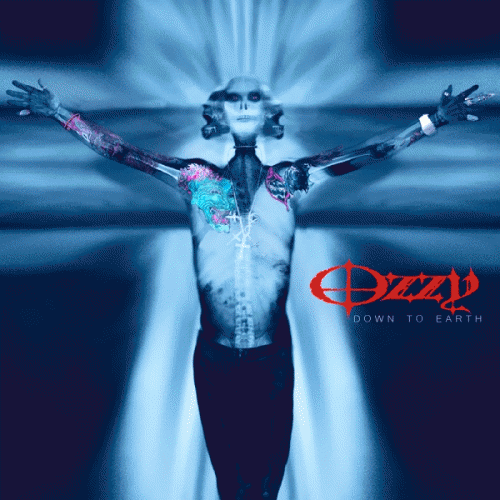
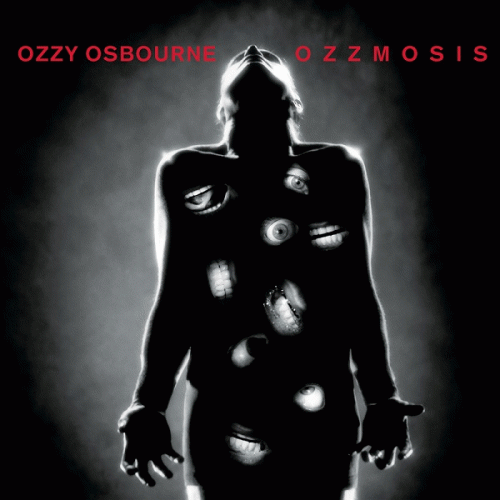
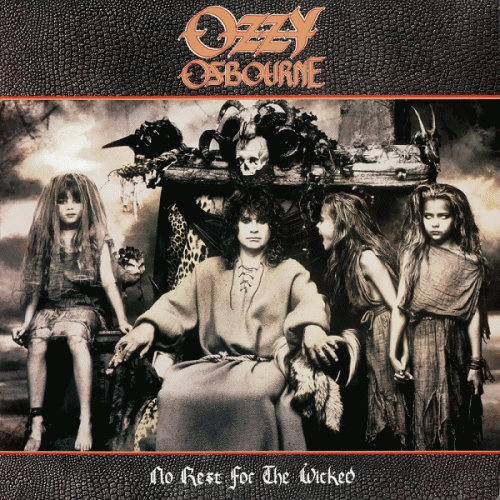
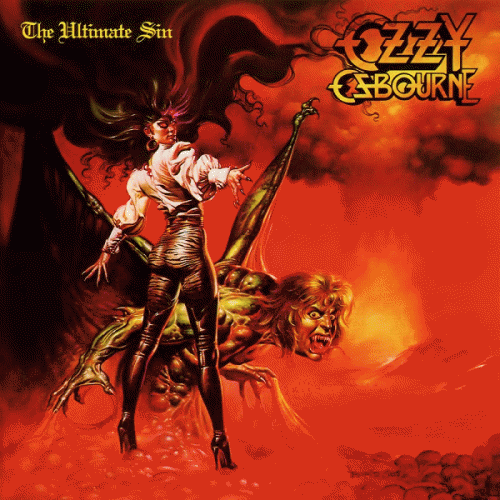
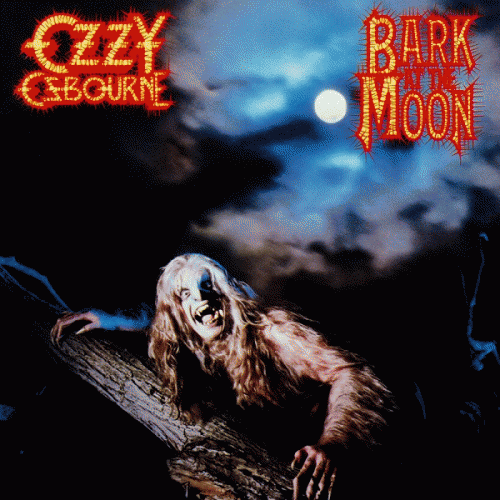
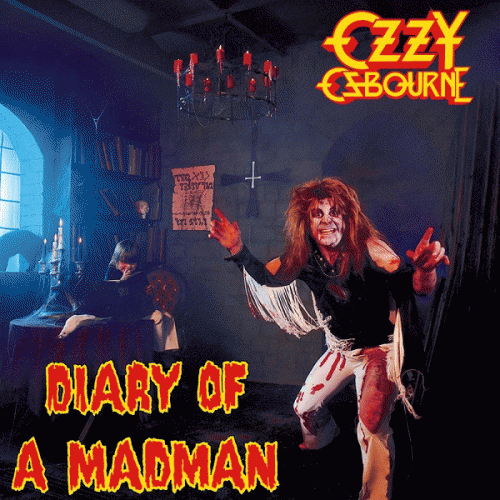
Tienes que ser miembro para poder añadir un comentario